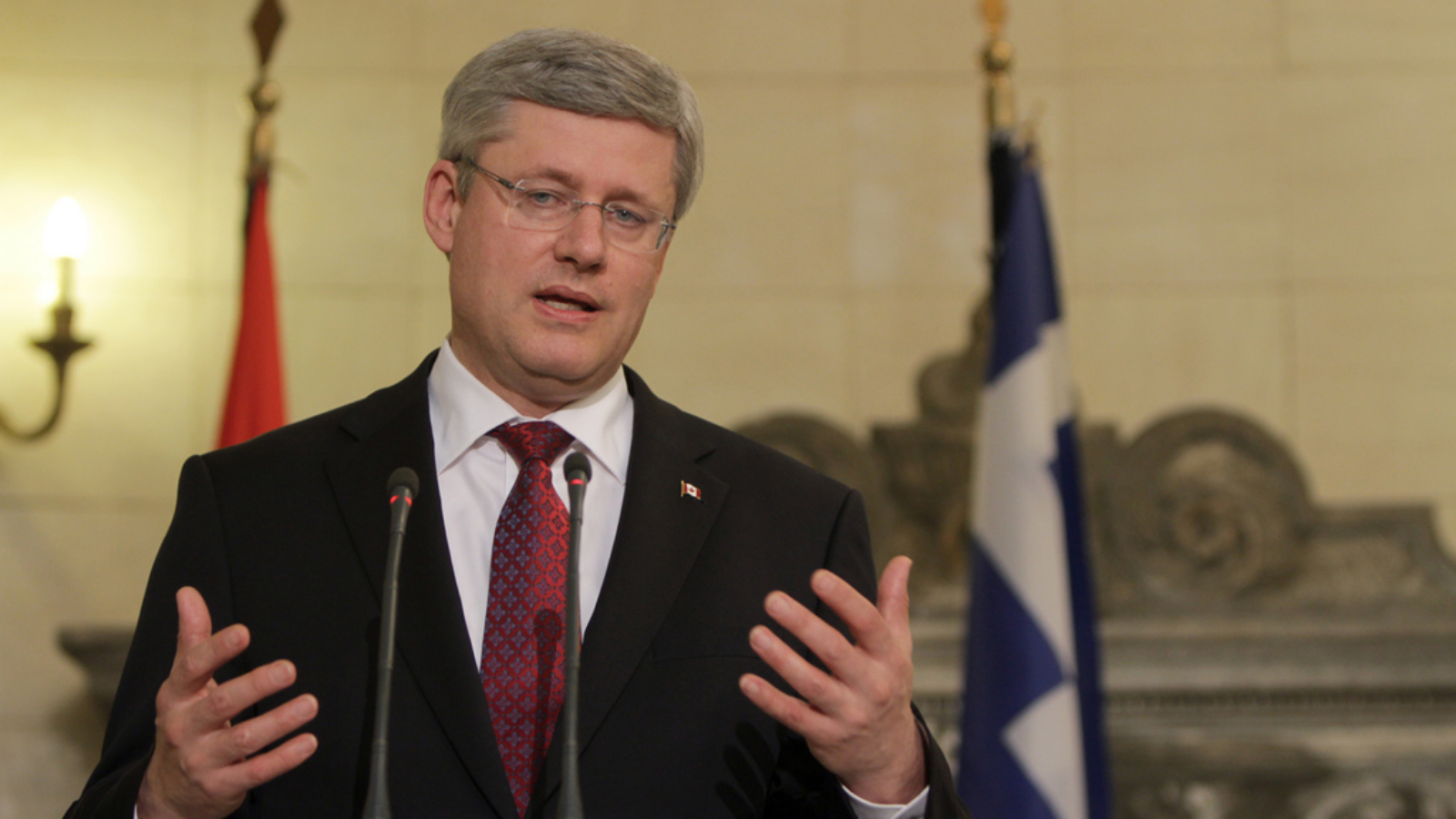By Ian Ward
On Oct. 19, Canadian voters elected a new federal government, retiring the Conservative Party, led by Stephen Harper, which had governed since 2006. The election returned to power the centrist Liberal Party, led by Justin Trudeau, a son of the charismatic former Prime Minister Pierre Trudeau, whose cabinets governed Canada from 1968 to 1984, except for a brief interlude in 1979.
The campaign lasted for 11 weeks, which is unusually long by modern Canadian standards, and attracted extensive attention in both anglophone and francophone media. Voter turnout was projected to be slightly above 68 percent, the highest in a federal election since 1997, but still within the parameters of a long-term decline that has characterized elections in Canada and other wealthy democracies.
In the wider democratic world, the election’s fundamental features – alternation between traditional parties, elite networks surrounding dynastic political families, and declining voter participation – might seem unremarkable and of special interest only to Canadians and the tiny coterie of academics and policy analysts abroad that study their politics.
But one feature of the campaign did capture international attention: the governing Conservative Party’s proposal to establish a hotline for citizens to report “barbaric cultural practices.” The proposal’s title recalled one of the Conservatives’ final pre-election pieces of legislation, the Zero Tolerance for Barbaric Cultural Practices Act, which criminalized polygamy, forced marriage, and honor killings, although these were already illegal under Canadian law.
The timing and content of the legislation and proposal, and the fact the law was defended in public primarily by the Minister of Immigration rather than the Attorney General, prompted concerns that the Conservatives were practicing a form of wedge politics, attempting to mobilize certain constituencies by playing on distrust toward immigrants. The rhetoric of “barbaric cultural practices” in the campaign also coincided with the government’s unsuccessful efforts to defend in court its 2011 ban on women wearing a niqab while being sworn in as citizens. The combination raised further concerns: that it was immigrants who practice Islam who were being arbitrarily singled out for suspicion and surveillance.
As an electoral strategy, such wedge politics proved unsuccessful, and may even have backfired on the Conservatives. But it may nonetheless have inflicted long-lasting damage on the Canadian social fabric. In a widely-circulated open letter, nearly 600 Canadian academics condemned the strategy, in part because of its intended effect of sowing mutual distrust among citizens:
…by injecting the inflammatory rhetoric of ‘barbaric cultural practices’ into the current campaign, the Conservative Party has flagrantly crossed the line. The repeated use of this phrase along with a proposed tip line to root out undesirables are cynically calculated to distract and divide citizens by insinuating that some law abiding and peaceful members of the community are freedom-hating barbarians who threaten Canadian society. By conjuring up a phantom menace to the country and implying that some immigrants and religious minorities are enemies, the Conservatives hope to pit Canadians against one another. Like many sophisticated forms of vicious propaganda, the invocation of barbarism is meant to create fear and anxiety rather than to identify a real problem.
The letter’s signatories are right to emphasize that invoking the figure of the dangerous foreigner not only distracts democratic publics from addressing the problems they face, but also divides citizens by dissolving the mutual trust upon which democratic governance depends. A recent scholarly work on democracy can help us understand why this is the case.
In her important book Talking to Strangers, political theorist Danielle Allen shows that mutual distrust among citizens undermines their ability to access public institutions and hold political elites accountable for their behavior. Such access and accountability-holding require cooperation among citizens, but cooperation presupposes habits of trust. Particularly important is trust in the idea that our fellow citizens care about being in relationships of civic equality with us, especially under circumstances in which our interests may come into conflict. With global migration rapidly increasing, it stands to reason that habits of trust will become all the more indispensible.
Public rhetoric that makes a scapegoat of a certain group, on the other hand, threatens these habits by asking citizens to see some of their peers as unfit to be trusted as fellow participants in democratic institutions. Importantly, Allen shows, the resulting distrust can metastasize beyond its initial focus on the specific scapegoated group, spreading into a generalized distrust of those unlike ourselves in many different respects. This makes citizen cooperation all the more difficult to achieve, and democratic governance all the more challenging to establish and preserve.
For democracy to work, Allen concludes, citizens must get in the habit of talking to strangers and building trust with them. If this is correct, there can be no habit more opposed to democratic citizenship than that of anxiously skulking around strangers and reporting them to the state. That the figure of the barbarian became a central preoccupation of an election in Canada, a relatively stable, prosperous, and established democracy, is an indication of how hard bad political habits are to shake.
*****
*****
Ian Ward is Assistant Professor of Government and Politics at the University of Maryland. This is noted for identification purposes only; his views do not represent those of the University.
[Photo courtesy of Alexis Tsipras Prime Minister]
